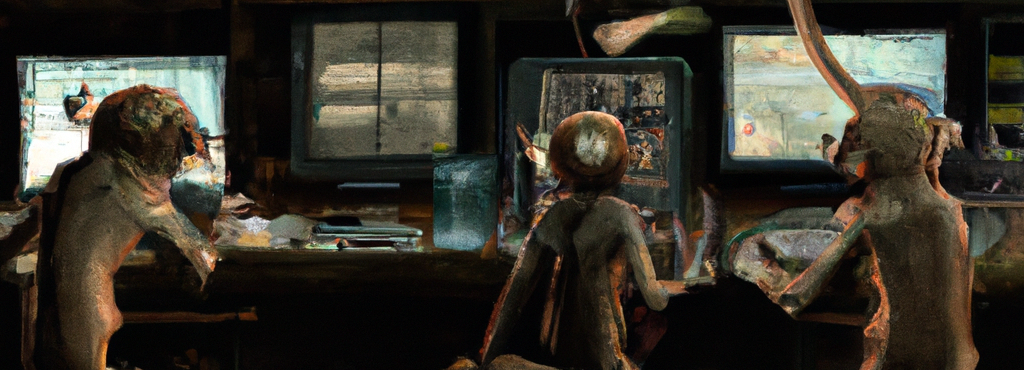Framework CLI
August 14, 2025Less than 1 minute

Installation
npm i -D '@equinor/fusion-framework-cli'Config (optional)
// app.config.ts
import { defineAppConfig } from '@equinor/fusion-framework-cli';
export default defineAppConfig() => (
{
environment: {
var: 'default',
},
endpoints: {
api: {
url: 'https://api.example.com',
scopes: ['api.read'],
},
},
}
);// src/config.ts
import type { AppModuleInitiator } from '@equinor/fusion-framework-react-app';
export const configure: AppModuleInitiator = (configurator, { env }) => {
const { endpoints } = env.config.environment;
configurator.configureHttpClient( 'api', {
baseUri: endpoints.api.url,
defaultScopes: endpoints.api.scopes,
});
};Manifest (optional)
By default the CLI will create a manifest on best effort from package.json
// app.manifest.config.ts should be of type AppManifestExport
import { defineAppManifest } from '@equinor/fusion-framework-cli';
export default defineAppManifest(() => ({
build: {
entryPoint: 'index.js',
version: '1.0.1',
},
});Dev
Run the application locally
fusion-framework-cli app devBuild
Building the application for production mode
fusion-framework-cli app buildTo create zipped standalone app bundle see the
app build-packcommand below
App bundle
Create zipped standalone app bundle to upload to your portal.
fusion-framework-cli app build-packits important to set your package type to module to generate a proper app-bundle for use in the Fusion portal, add
"type": "module"to your package.json.